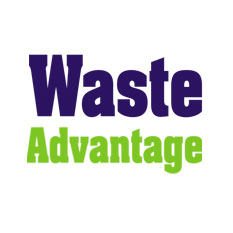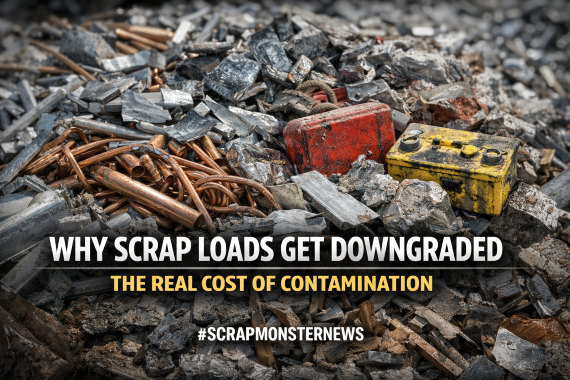Recycling Dilemma: China’s Stricter Standards Impacting Local Communities
Waste & Recycling | 2018-02-07 06:54:59
Prices of recyclable scrap materials have dropped, raising the cost of recycling operations for plant owners, which eventually will mean increased costs for municipalities.
SEATTLE (Waste Advantage): China, a major importer of recyclables, imposed new restrictions on scrap imports at the start of 2018. Prices of recyclable scrap materials have dropped, raising the cost of recycling operations for plant owners, which eventually will mean increased costs for municipalities.
In recent decades, cargo ships have routinely hauled billions of dollars worth of scrap materials to China, where mills purchase the materials, then use the recycled scrap in consumer products that are sold abroad. But that trade has evaporated recently after the Chinese government announced its new environmental standards.
Those new standards are already having a significant impact on local recycling operations and will affect municipal finances across the region.
“China historically has been a very large importer of recycled materials from all over the world, including the United States, and they turn those into products they ship back to other countries,” said Greg Cooper, director of business compliance and recycling for the Massachusetts Department of Environmental Protection.
In July, China announced it was preparing to ban the import of certain plastics by 2018 and put new restrictions on the type of paper allowed into the country, putting a possible crimp in the pipeline of goods from New England.
Overflowing with Unwanted Recycling
Outside E.L. Harvey’s single-stream recycling and sorting plant in Hopkinton, Ben Harvey points to stacks of nearly 3,000 bales of mixed paper that he doesn’t know what to do with. He’s not able to ship it overseas to Asia like he’s done for decades. For the past two months the 2,000-pound bales are being stacked up in the parking lot.
“We’ve got a building full. We have trailers full,” Harvey, president of the company, said. “We are pretty much maxed out with our storage capacity; we don’t want to store material that doesn’t have a market.”
Single-stream recycling allows consumers to collect all recyclables in the same bin. Harvey’s operation sorts the materials and prepares them for shipping.
For E.L. Harvey and others, the major problem is paper, which amounts to about 40 percent of the recycled materials coming from towns and cities across the region. Without a quick resolution, curbside recycling for towns and cities could be impacted depending on hauling contracts.
“We are at the point where we might have to close the door and not accept any more,” Harvey said. “We can’t process it.”
Local Impact
In communities including Newton, Brookline, Wellesley and Needham, the new Chinese policy has officials taking notice.
Waneta Trabert, director of the Environmental Affairs Division for Newton’s Department of Public Works, said the city has seen changes in its agreement with Waste Management Inc.
“Newton has received information from Waste Management indicating a contamination rate of 18 percent, which is 8 percent higher than the 10 percent contamination threshold in our contract,” Trabert said in an email. “Starting in November 2017 Newton has faced an additional charge due to the excessive contamination. The additional charge adds roughly 25 percent to our recycling processing costs.”
Courtesy: https://wasteadvantagemag.com
 By
By 